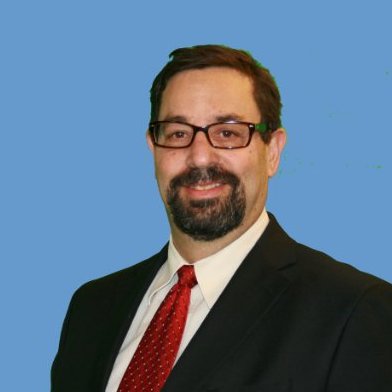
- #GAUSSIAN SOFTWARE ALBERT EINSTEIN COLLEGE OF MEDICINE ARCHIVE#
- #GAUSSIAN SOFTWARE ALBERT EINSTEIN COLLEGE OF MEDICINE SOFTWARE#
- #GAUSSIAN SOFTWARE ALBERT EINSTEIN COLLEGE OF MEDICINE LICENSE#
Judith Su, an assistant professor of biomedical engineering and optical sciences, runs the UArizona Little Sensor Lab, where researchers are finding ways to use a one-of-a-kind technology to address some of the medical community's most pressing problems. The results bolster the case for near-term trapped-ion systems as quantum repeaters for long distance quantum communications. The group works to consider an architecture for a repeater based on dual-species trapped-ion systems. Dedicated, special-purpose trapped-ion processors in conjunction with suitable interconnecting hardware can be used to form quantum repeaters that enable high-rate quantum communications between distant trapped-ion quantum computers in a network. These traits make them attractive not only for quantum computing, but also for quantum networking. According to the abstract, trapped ions form an advanced technology platform for quantum information processing with long qubit coherence times, high-fidelity quantum logic gates, optically active qubits, and a potential to scale up in size while preserving a high level of connectivity between qubits. Kaushik Seshadreesan, Assistant Professor at Univ. The paper discusses trapped-ion based quantum repeaters and was led by Wyant College Ph.D. The work was funded on the NSF Convergence Accelerator program in collaboration with University of Maryland. The lines denote optical fibers.Ī recent paper was published in the APS Physical Review A by the Guha lab, associated with the Center for Quantum Networks, and was selected as an Editor's Suggestion. General architecture of a repeater node based on DSTI modules to support entanglement distribution protocols based on mode multiplexing.
#GAUSSIAN SOFTWARE ALBERT EINSTEIN COLLEGE OF MEDICINE ARCHIVE#
To review past updates, see the Photonics Research Updates Archive page. Professor Masud Mansuripur, the college's Chair of Optical Data Storage, recently has provoked considerable controversy by reminding the physics community that the commonly used Lorentz force law for charged particle motion is not relativistically invariant when applied to magnetic materials in the presence of an electric field the suggested remedy is to return to an alternative force law proposed by Albert Einstein in 1908. The re-writable hologram of Albert Einstein shown as a 2-D figure was created with state-of-the-art technology developed by our group. Communications, displays, medicine, manufacturing and imaging are just a few applications. New areas are constantly explored by our nine faculty in the specialty, as photonics becomes more pervasive in our lives. The two CLC Bio platforms can be used to analyze and visualize data from Applied Biosystems' SOLiD, Illumina's Genome Analyzer, Roche 454's Genome Sequencer, and Helicos' HeliScope system.Research in photonics at the College of Optical Sciences ranges in scope from fundamentally new tools, such as small-footprint, high-throughput multiphoton microscopes, through exceptionally high-power semiconductor lasers, to components and systems for next-generation optical networks for both the Internet and data centers, and into consumer equipment like 3-D displays.
#GAUSSIAN SOFTWARE ALBERT EINSTEIN COLLEGE OF MEDICINE SOFTWARE#
He added that using the software platforms is "a way of lowering barriers for scientists who have not previously performed these high-throughput epigenomics assays, allowing them to explore their data and explore hypotheses."įinancial terms of the agreement were not released.

John Greally, director of the Bronx, NY-based Einstein Center for Epigenomics, said in a statement that the software will enhance the researchers' ability to explore massively parallel sequencing data being generated at the center.

#GAUSSIAN SOFTWARE ALBERT EINSTEIN COLLEGE OF MEDICINE LICENSE#
NEW YORK (GenomeWeb News) – Researchers at Albert Einstein College of Medicine will use two CLC Bio software platforms in its epigenomics and other research programs under a new site license agreement, the Danish company said today.ĬLC Bio said that the College's Einstein Center for Epigenomics will use its Genomics Workbench and its Genomics Server to handle data it generates in its high-throughput sequencing programs.


 0 kommentar(er)
0 kommentar(er)
